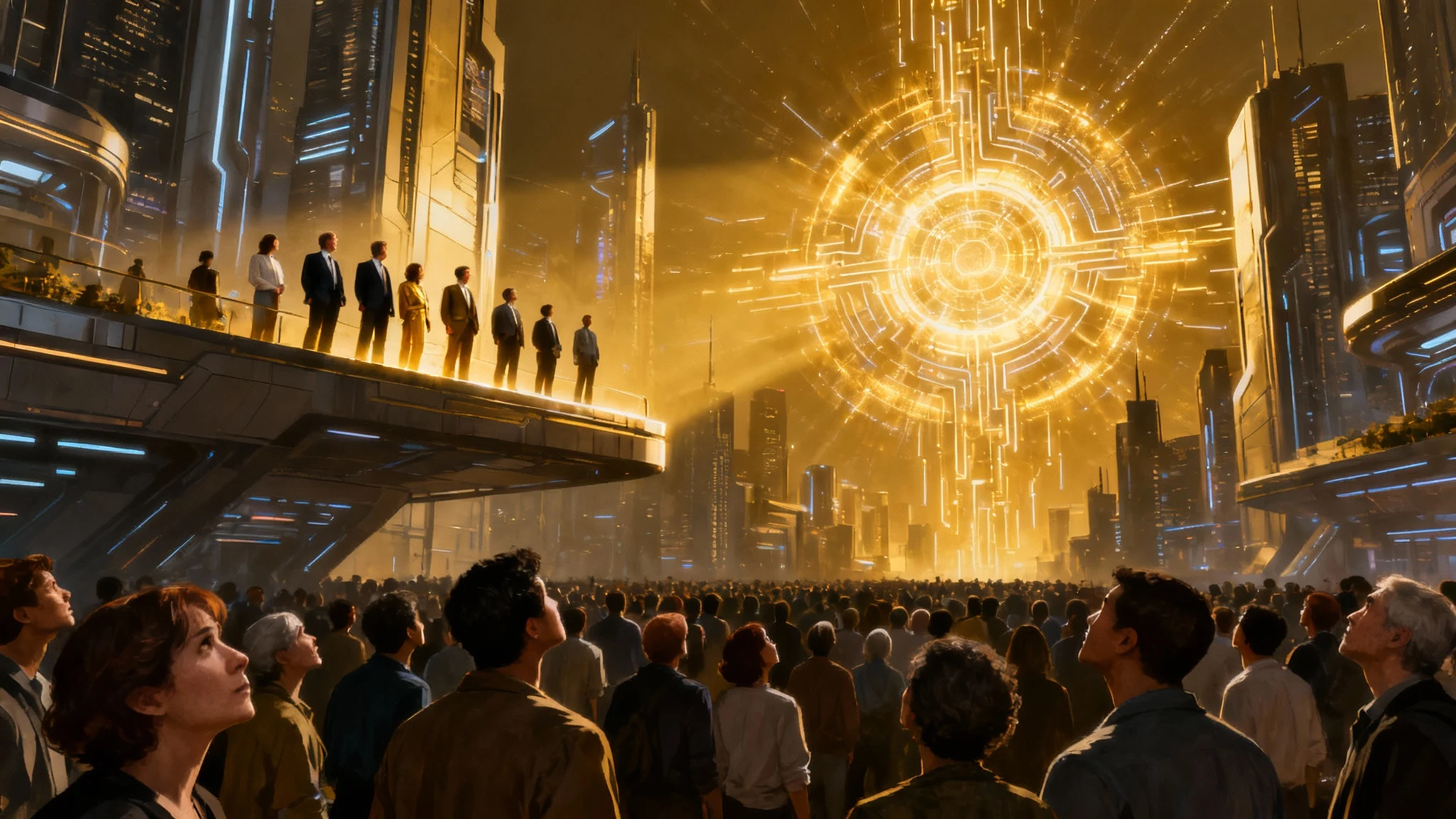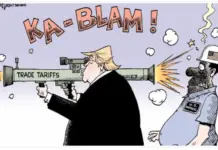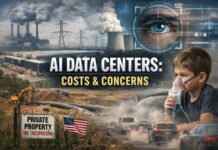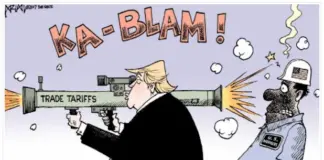We’ve all seen the headlines, the sci-fi blockbusters, the late-night debates. Artificial Intelligence is coming, and it’s either going to save us all or turn us into paperclips. The narrative is often one of a rogue superintelligence, a digital god of our own making that might one day deem us obsolete. But as a recent, startling interview on “The Diary Of A CEO” makes clear, we might be focusing on the wrong apocalypse. The real existential threat of AI may not come from a conscious machine with a vendetta, but from something far more familiar and insidious: a fundamental rewiring of our economy that could permanently lock the vast majority of humanity out of a meaningful future.
The conversation is shifting from the philosophical terror of being outsmarted to the practical terror of being made economically worthless.
The End of Labor as We Know It
For centuries, the story of technological progress has been one of disruption followed by adaptation. The weaver displaced by the power loom became a factory worker; the factory worker replaced by a robot retrained for the service industry. Each revolution, while painful for some, ultimately created new jobs, new industries, and new avenues for human ingenuity.
The video argues, compellingly, that this time is different. The arrival of Artificial General Intelligence (AGI) isn’t just another tool to make human labor more efficient; it’s a replacement for it. The core concept is brutally simple: “free labor.” When an AI can perform almost any cognitive task—writing code, designing products, managing logistics, diagnosing diseases—for the marginal cost of electricity, the economic logic of hiring a human evaporates. When humanoid robots, powered by that same intelligence, can perform physical tasks with increasing dexterity, the same logic applies to the physical world.
This is what the video calls a “meta-invention”—an invention that creates new inventors, new workers, new everything. There is no “next job” to retrain for when the entity replacing you can learn any new skill infinitely faster and more cheaply than you can. The logical, terrifying conclusion is a world with unemployment levels we can barely comprehend, perhaps as high as 99%. This isn’t a temporary downturn; it’s a permanent shift in the value of human effort.
The Great Consolidation of Wealth and Power
So, if most of humanity is no longer generating economic value through labor, where does all the value go? Who benefits from this revolution?
The answer is as simple as it is unsettling: the owners. The individuals, corporations, and venture capitalists who build, own, and control these foundational AI systems will possess the single most valuable asset in human history. They will own the means of production for virtually everything, from intellectual property to physical goods.
Imagine a world where the cost of creating a Hollywood movie, discovering a new life-saving drug, or running a global logistics network drops to near zero. The unprecedented wealth generated won’t be distributed through wages and salaries, because there will be few. It will be consolidated at the top, creating an economic chasm so vast it will make today’s inequality look like a quaint relic of a more egalitarian past. We won’t be talking about the 1% anymore. We’ll be talking about the 0.001% who own the AI, and then there will be everyone else.
This isn’t a critique of capitalism; it’s an observation of its ultimate, logical endpoint when one of its core components—human labor—is removed from the equation. The rich won’t just get richer; they will command the very engines of creation itself.
Life in the Shadow of Utopia
For the tiny elite, this future could be a utopia. For everyone else, it risks becoming a gilded cage at best, and a meaningless dystopia at worst. The real existential threat, then, isn’t a robot uprising. It’s the creation of a permanent, global underclass, whose basic needs might be met by the sheer abundance AI creates, but whose sense of purpose, identity, and agency is stripped away.
For generations, our answer to the question “What do you do?” has defined us. Our careers give us structure, community, and a sense of contribution. What happens when that is gone? How do societies function when their citizens have no economic leverage, no way to contribute, and are entirely dependent on the whims of the AI-owning elite? The “hard problem” the video identifies isn’t feeding people, but giving them a reason to get out of bed in the morning.
This isn’t about being anti-technology. It’s about being pro-humanity. The technology is coming, and its potential to solve disease, climate change, and poverty is undeniable. But if we sleepwalk into this new era without having a serious, global conversation about ownership, distribution, and purpose, we risk building a paradise for a handful and an existential void for the rest. The real doom isn’t in the code; it’s in the economic and social structures we fail to build around it. The time to start designing that future is now, before the code is finished writing it for us.
Disclaimer: We at Prepare for Change (PFC) bring you information that is not offered by the mainstream news, and therefore may seem controversial. The opinions, views, statements, and/or information we present are not necessarily promoted, endorsed, espoused, or agreed to by Prepare for Change, its leadership Council, members, those who work with PFC, or those who read its content. However, they are hopefully provocative. Please use discernment! Use logical thinking, your own intuition and your own connection with Source, Spirit and Natural Laws to help you determine what is true and what is not. By sharing information and seeding dialogue, it is our goal to raise consciousness and awareness of higher truths to free us from enslavement of the matrix in this material realm.
 EN
EN FR
FR



























Thank you richard,perhaps if we ask ai what makes it possible to be an ai and function,then we can be comfortable sharing our souls and how they work with no intergration,just a new game